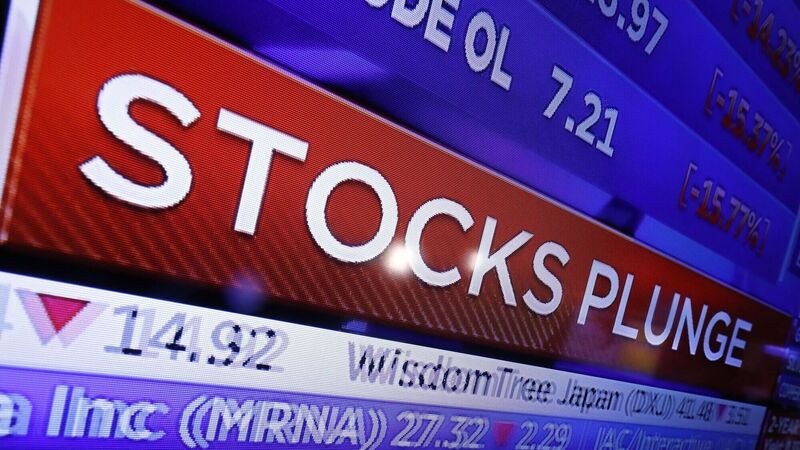Peter Brown: Memories of 'tech wreck' weigh on growth stocks as Covid value seen elsewhere

Peter Brown: 'Higher corporate taxes are back on the agenda, which is traditionally not good news for stock markets, and the tech giants have the most money.'
The main US stock markets, the S&P 500 and the Dow Jones, are up since the start of the year, but the tech-rich Nasdaq is flat: Many of us who have got used to the outperformance of tech stocks, all the way back to 2009 in fact, this represents something of an upset of the natural order.
Normally the markets have themes that drive activity. In 2020 it was a combination of Covid, the US election, and Brexit.











